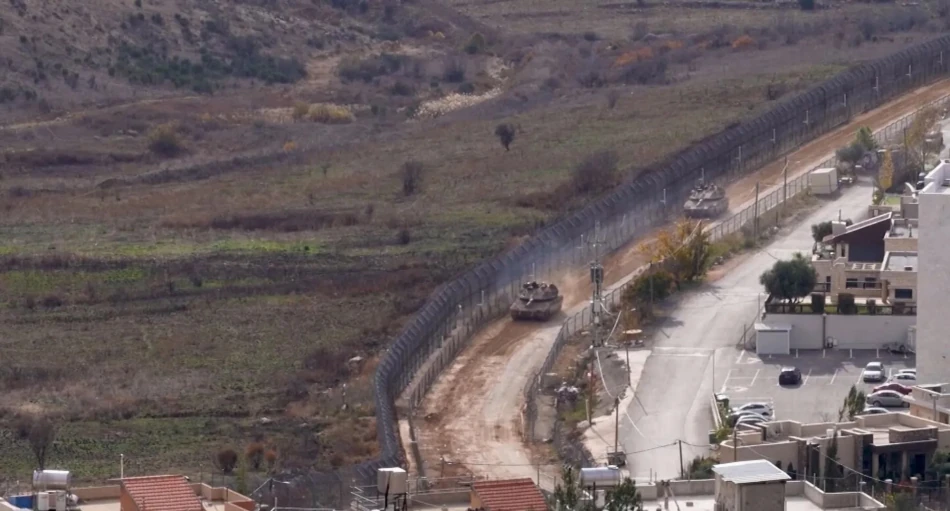
Netanyahu Announces Progress in Syria Talks, Sparking Interest Amid Regional Tensions
Israel-Syria Security Deal Faces Major Hurdles Despite US Push for Quick Agreement
Israeli Prime Minister Benjamin Netanyahu acknowledged Sunday that talks with Syria have made "some progress" but significant gaps remain as the US pressures both sides to reach a security agreement. The timing appears crucial, with expectations that a deal could be announced this week during the UN General Assembly in New York, where both Netanyahu and Syrian President Ahmad al-Sharaa are expected to attend.
What's on the Table
Syria wants a comprehensive security arrangement that respects its sovereignty, airspace, and territorial integrity under UN supervision. The Syrian leadership hopes any agreement would include Israeli withdrawal from southern territories and an end to Israeli airstrikes inside Syrian territory.
Israel, however, insists on maintaining control over strategic positions it has held since December 8, particularly the Syrian side of Mount Hermon. This represents a fundamental clash between Syrian demands for territorial integrity and Israeli security concerns.
The 1974 Template
Syria appears willing to accept something similar to the 1974 disengagement agreement that created a demilitarized zone between the two countries after the 1973 war. That deal lasted for decades and provided relative stability along the border.
But here's the thing - the current situation is far more complex than 1974. Israel now controls strategic high ground that it considers essential for monitoring threats, while Syria faces pressure to show it can reclaim territory and assert sovereignty after years of civil war.
US Pressure and Timing
Reports suggest Washington is pushing Israel to soften some demands to reach a quick understanding. The timing around the UN General Assembly isn't coincidental - it offers a high-profile diplomatic stage for announcing any breakthrough.
American involvement makes sense from a regional stability perspective. A formal Israeli-Syrian arrangement could reduce tensions and create predictable rules of engagement, something the US has long sought in the volatile region.
Why This Matters Now
The current negotiations reflect broader Middle East realignment. Syria's government, weakened by years of conflict, may see a security deal as a way to establish international legitimacy and reduce military pressure from Israel.
For Israel, formalizing the security arrangement could provide legal cover for maintaining strategic positions while potentially reducing the need for frequent military operations.
Israeli sources indicate the agreement isn't fully mature yet, with substantial gaps between what Damascus proposes and what Israel demands. Syrian President al-Sharaa's comment that talks could produce results "in the coming days" suggests urgency, but the fundamental territorial disputes may prove harder to resolve than both sides initially hoped.
The Real Challenge
The core issue remains Mount Hermon and other strategic positions. Israel views these locations as essential for early warning systems and border security. Syria sees continued Israeli presence as a violation of sovereignty that undermines any meaningful agreement.
Without resolving this territorial question, any deal risks being temporary or incomplete - potentially creating new tensions rather than reducing them.
Most Viewed News

 Sara Khaled
Sara Khaled






